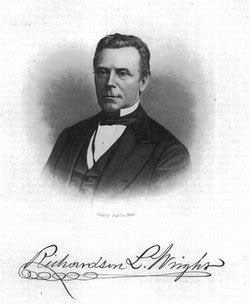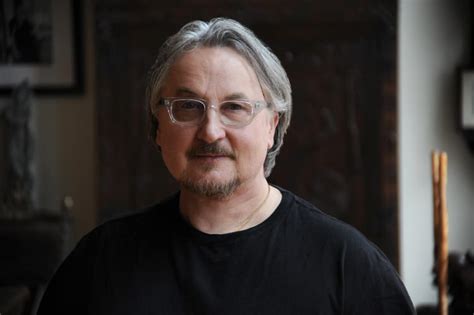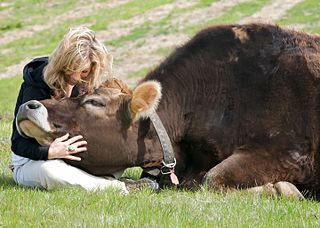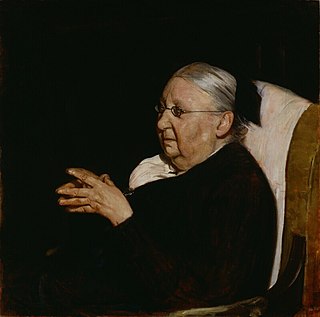A Quote by Richardson Wright
Plants, like people, are social or anti-social: the good plant has to be able to live amicably with other plants in the border.
Related Quotes
What does he plant who plants a tree?
He plants the friend of sun and sky;
He plants the flag of breezes free;
The shaft of beauty, towering high, he plants a home to heaven anigh.
For song and mother-croon of bird, in hushed and happy twilight heard -
The treble of heaven's harmony.
These things he plants who plants a tree.
We can look at the way of improving the key biochemical processes like photosynthesis itself. A lot of energy is lost to keep the plant cool. So maybe we can think of building plants which are more resistant to heat. Genetically modified plants can be one answer and we can imagine more efficient plants, call them 'energy plants'. And I believe, contrary to what ecologists think, they can still be beautiful plants.
The phytochemicals, antioxidants, and fiber- all of the healthful components of plant foods- originate in plants, not animals. If they are present, it is because the animal ate plants. And why should we go through an animal to get the benefits of the plants themselves? To consume unnecessary, unseemly, and unhealthy substances, such as saturated fat, animal protein, lactose, and dietary cholesterol, is to negate the benefits of the fiber, phytonutrients, vitamins, minerals, and antioxidants that are prevalent and inherent in plants.
Rainforests are not confined to the tropics: a good definition is forest wet enough to support epiphytes - plants that grow on other plants. Particularly in the west of Britain, where tiny fragments persist, you can find trees covered in rich growths of a fern called polypody, mosses and lichens, and flowering plants climbing the lower trunks.
Yes, all of life is sacred, including plants; and yes, there is research that demonstrates that plants have feelings - they feel it when their leaves or stems are ripped - and there is scientific evidence that while plants do not have brains and nervous systems like animals, they nevertheless actively work to ensure their survival - they want to live, thrive, reproduce, evolve.
Whole plants differ in their effects from refined drugs (:)...Plants are dilute preparations (of) the active principles...Plants usually go into the body through the mouth and stomach, whereas purified chemicals can be put...by snorting or injecting...directly into...bloodstreams without giving...bodies a chance to process them. Other compounds in drug plants...may modify the active principles, making them safer.
As humans, we do get to choose what we eat, and when we choose to eat a plant, we are eating (i.e., harming) just that plant, plus indirectly whatever nutrients that plant consumed over its lifetime (and we are also harming whatever beings may have been living on that plant or who were injured or killed in the harvesting process). But when we eat an animal, we are eating not just that animal, but also indirectly all of the plants and other beings that that animal ate over its lifetime - those plants became the flesh that we eat.
Look at Mexico. Many, many factories, many plants. Nabisco's now moving to Mexico, their big Chicago plant. You look at Ford is building one of their biggest factories in Mexico, one of their biggest assembly plants in Mexico. So Mexico is not only beating us at the border, they are also beating us at trade.
The ideal garden is one in which a collection of trees, shrubs and plants have been procured and allotted to the best space available and are so arranged and tended that they are seen to their advantage, each in relation to the other. Every plant, of whatever shape or size, should be chosen not only for its individual merits but for its power to enhance the charms of neighbouring plants by contrast or combination in foliage or in flower colour.




































